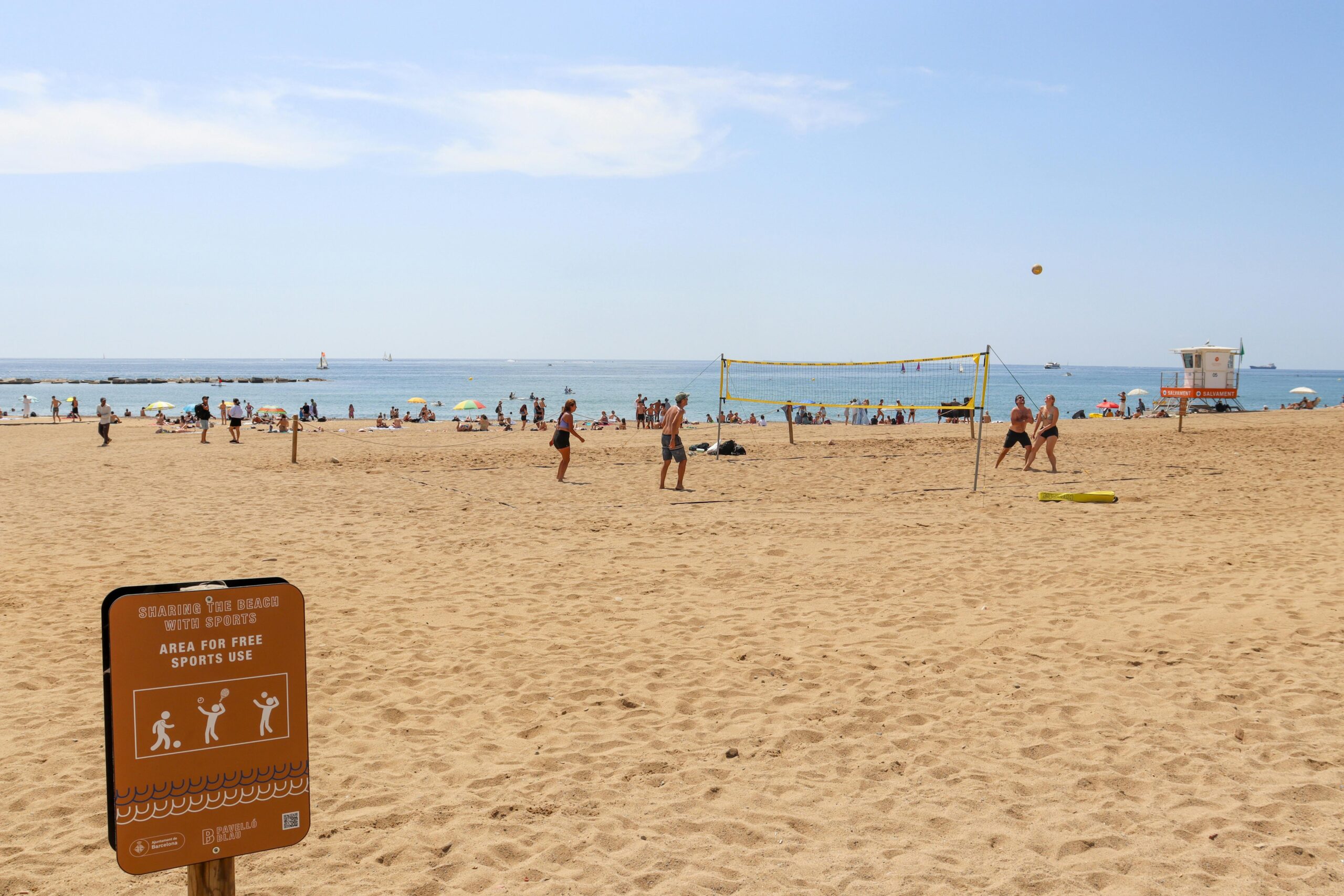Should my child study over the summer?
Summer – a time to relax and unwind. You may recall your own childhood summer experiences of:

Playing, or hanging out, with your friends at the park

Swimming

Beach days

Cinema trips

Gaming

Picnics
To name but a few activities!
So why study?
Research has consistently shown that students lose about 1.5 months of learning over the summer.
This is why many students struggle when the new school year starts in September.
And if your child is already struggling, it is going to get worse for them! This is why they always feel behind at school because the sad reality is – they may very well be!
Equally, if your child is ahead, they may fall behind which can knock their confidence, as they don’t understand why they are no longer excelling.
So the question is not ‘Should my child study over summer?’ (because the answer is clearly yes!), the question is can they study over summer and still have fun?
Yes!
We seem to have an all-or-nothing approach, which does not work.
An anlogy I like to use is a diet.
If you take an all-or-nothing approach you might decide to stop all foods high in fat or/and high in sugar. But, then after a few days, you might cave and have a chocolate bar. Because of your all-or-nothing mentality, you might then decide to have crisps and a doughnut. As a result, you then feel bad.
The same is true for your child’s learning over the summer.
If you take an all-or-nothing approach then your child will either lose all their knowledge over the academic year; or, they do too much and burn out.
So, what is the happy medium?
A little and often!
Taking a structured approach will allow your child to study and retain their knowledge without burn out.
How can you do this?
Here are some ways you can engage your child in their learning to help them retain their knowledge:
Reading Activities

Read Together:
Read together:
- Choose books that interest your teen and read together. Discuss the plot, characters, and themes.
- Try reading a book series to keep them engaged.
Writing Activities
Daily Journaling:
- Encourage your teen to write in a journal daily about their thoughts, experiences, or creative stories.
Creative Writing:
- Encourage your teen to write poems, short stories, or even start a blog.

Speaking and Listening Activities

Discussion Topics:
- Have daily or weekly discussions on various topics like current events, movies, or personal experiences.
Debates:
- Organise friendly debates on interesting topics to develop critical thinking and speaking skills.
Podcasts and Audiobooks:
- Listen to podcasts or audiobooks together and discuss them afterwards.
Fun, Interactive Games
Educational Videos:
- Watch educational YouTube channels or TED Talks and discuss the content.
Movies and TV Shows:
- Watch films and TV shows with subtitles to improve listening and comprehension.
Word Games:
- Play word games such as Scrabble, Boggle, or word searches to build vocabulary.

Practical Applications

Writing Letters or Emails:
- Encourage your teen to write letters or emails to friends or family members.
Library Visits:
- Regularly visit the library to explore new books and resources.
Cultural Experiences:
- Attend cultural events, such as theater performances or book readings.
But, the best way you can help your child is to enrol them in group tuition. By doing this, your child will:
- Meet new people and make new friends
- Focus on their weaknesses without distractions
- Feel confident as they are getting ahead for September
- Practice in a relaxed manner
And, you as a parent can relax, knowing your child is in good hands.
And, your child can relax, as they are fully supported in their English, leaving them plenty of time to enjoy the summer!
If you want to find out more about, our English programmes, get in touch today: kellie@uplevel-academy.com
